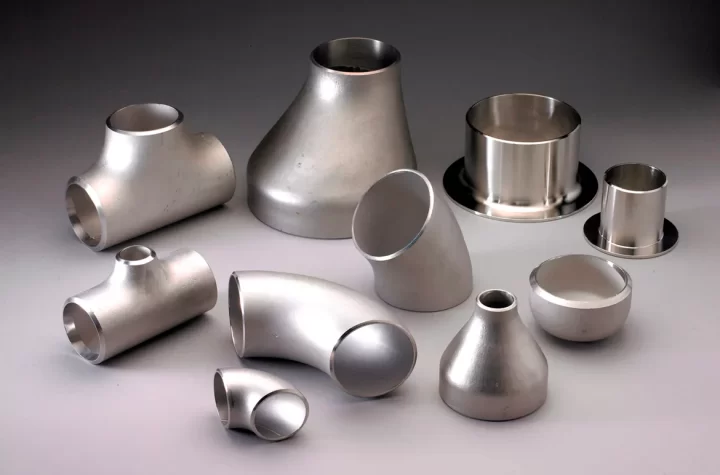
Fatal and serious car accidents are way too common in Indiana. If you end up in an unfortunate auto accident in Fort Wayne, you should know your rights, especially if the other driver was at fault. Indiana is a fault state, which means that the party responsible for the accident should pay compensation to the victim, through their insurance company. If the insurance settlement is not fair or doesn’t cover all losses and damages, you can consider filing a personal injury lawsuit against the at-fault driver. For that, it is wise to consult and discuss the prospects of your case with a Fort Wayne personal injury lawyer. In this post, we are sharing things worth knowing about serious car accidents, Indiana laws, and more.
After a car accident
- No matter what or who caused the accident, make it a point to call local law enforcement. If the police didn’t arrive or respond, you still have evidence that you made the call.
- Check if others need help. If anyone has sustained injuries, call 911 right away, and don’t for long. For your own injuries, you may want to check with an injury doctor as soon as possible.
- Take evidence. From the accident scene, you must gather evidence. This includes taking photos of injuries, damaged vehicles, and surroundings. Note down the details and contact info of all people, who were involved in the car accident, including witnesses.
You don’t have a lot of time
The statute of limitations in Indiana allows two years to file a personal injury lawsuit after a car accident. The clock starts ticking from the date of accident. If the car accident resulted in someone’s death, the deadline is two years, for the immediate family, to file a wrongful death lawsuit. The same deadline also applies for cases related to just vehicle/property damage. The statute of limitations, however, doesn’t apply to insurance claims. You are required to inform your insurance company, even if you were not at fault, and file an insurance claim with the at-fault party’s insurer, within a reasonable time.
Final word
If you had a share in fault, you may lose some of your awarded compensation, as Indiana follows the modified comparative negligence rule. Ensure that you meet an attorney in person and discuss all details of the cause. The good news is most attorneys take up personal injury cases on a contingency basis, so you don’t have to pay upfront.




